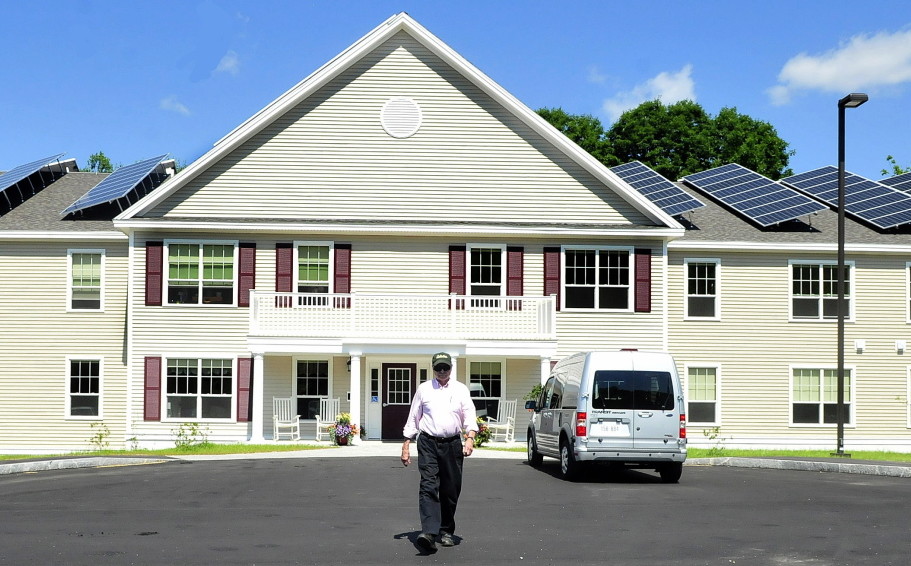Each year, 18,250 Mainers turn 65, and each year, thousands of the new seniors face questions about how and where they are going to spend their retirement years.
For those with paid-off homes and significant savings, the options are many. But for those without, the options aren’t even few. Increasingly, they are something closer to nonexistent – over 9,000 Maine seniors are on a waiting list for affordable, subsidized housing, and their ranks are growing.
The graying of Maine has put tremendous pressure on the availability of senior housing, and while developers have responded to that demand with plenty of high-end, “market rate” projects, the building of units for less-affluent Mainers has slowed to a crawl.
That’s because developers rely on subsidies to make those cheaper units worthwhile investments, and the amount of subsidies have never kept up with the level of need.
Now it is falling even further behind, and something has to be done before the problem gets too big.
There may be help on the way in the form of a $65 million bond proposed by House Speaker Mark Eves, D-North Berwick, and Sen. David Burns, R-Whiting.
The bond would help build 1,000 units of affordable senior housing units in 40 communities spread throughout all of Maine’s 16 counties.
The Maine State Housing Authority, using its own bonds in addition to a 2009 general obligation bond, has helped fund the construction of about 120 such units each year for the last six years.
Even at that level, the authority’s own study found, Maine would need an additional 8,200 affordable units for seniors by 2015. Another study, by the Maine Affordable Housing Coalition, says Maine needs 15,000 additional units by 2022.
Yet just 47 affordable senior housing units are expected to be built in the next year, all of them at the former Hodgkins School in Augusta.
Without additional funding, Maine may not see even that many new units in future years – which is bad news for the thousands of Maine seniors on a waiting list for affordable, subsidized housing.
And despite its clear necessity, that funding is not a sure thing.
Gov. LePage has in the past refused to sign certain bonds issued by the housing authority, and recently he has indicated his disapproval with the funding mechanism in the $65 million proposal.
Alarmingly, the governor also has suggested that the need for senior housing is being overstated by the bond’s proponents.
LePage can argue that there are better ways to fund the proposal. But he can’t explain away the numbers.
Of Maine’s 1.3 million residents, 29 percent are baby boomers. By 2030, the youngest of those boomers will have hit retirement age, and a full quarter of Maine’s population is expected to be 65 or older.
Many will at some point need a new place to live as it becomes too difficult and expensive for them to maintain their longtime homes. That new place should be in Maine, if the senior wants to stay here.
Regardless of whether the state acts, there will be places to live for the most well-off seniors, in all-inclusive, market-rate apartments, over 600 of which will be built this year in the Portland area alone.
But unless more funding is approved, low-income seniors looking for housing will spend their golden years on a waiting list.
Send questions/comments to the editors.


